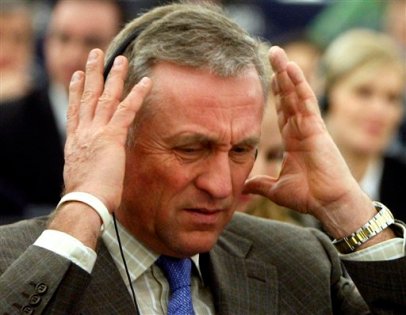New Zealand Prime Minister John Key said that the nation’s economy will emerge from this recession much stronger. “I, for one, am confident that New Zealand can come out of this recession stronger than many other countries,” Key said. “These tough times could be a springboard for much better times ahead.”
Since reaching a high of 0.8213 in late Feb. 2008, the New Zealand Dollar has lost as much as 40.4% against its U.S. counterpart. But the Prime Minister has sees this as a positive shift. Indeed, “the exchange rate is acting as a buffer.” That is, “firms in some industries, including for example, sheep meat, venison, and even niche manufacturing, are getting better incomes as a result of the lower currency,” he added.
Australia’s neighbor has been in recession since the first quarter of 2008. It is likely that throughout the entire year, New Zealand’s economy shrank at least 0.3%. In that 12 month period, the unemployment rate rose from 3.4% to 4.6%. Since June the central bank has slashed the overnight cash rate by 525 basis points from 8.25%, the most of any nation throughout that period.
Key has taken steps to ‘think outside-of-the-box.’ His latest piece of legislation aims to give incentives for Australians to vacation in New Zealand. He has increased Tourism New Zealand’s budget by $2.5 million, an increase of more than 25% of its current $9 million budget. “The impact of the global recession is likely to result in New Zealand becoming a more attractive holiday option as Australian consumers tighten their spending,” Key said.
‘Trickle-down economics’ seems to be what Key really wishes to aim for. The Prime Minister plans to cut income taxes on Apr. 1. But such action won’t be adequate. His comprehensive plan also seeks to increase infrastructure investments. In an effort to enhance their transportation efficiency, he plans on increasing the petrol tax by NZ6 cents per liter. Other spending will include school building programs because he is ‘determined to build on these strengths so that when the world starts growing again, New Zealand can be running faster than the countries we compete with,” he said.
– LG
Filed under: Global Economics, World, Asia, Australia, Barack Obama, China, Democrats, Dollar, Economics, Economy, Finance, FOREX, Investments, John Key, Money, New Zealand, Obama, Recession, Republicans, Stocks




